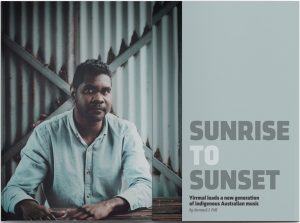[Published in Rolling Stone (Australia), November 2017]
SLOUCHING TOWARDS MULLUM
Mullum Music Festival, November 17-19, 2017 – Mullumbimby, NSW
The rain starts around midnight. Friday. Fat drops, cold for November. Stiff breeze off the ocean, pushes the wind chimes around a bit and they tinkle melodically in protest.
The palms dance in the dark; I can’t see them, but I know the sound.
Adeline is asleep, and Claire is watching something on Netflix. I’m sitting out the back, feet up on a chair, listening to the rain beat on the tin roof. Smoking cigarettes and drinking cold cans of Victoria Bitter. My favourite stubbie holder – white writing on black, Fuck Y’all, I’m From Texas, a souvenir from the deep south – winks at me from the otherwise dark.
Around seven clicks inland from here lies the township of Mullumbimby. It sits quietly at the base of Mount Chincogan, an almost perfect triangle that rises from the hinterland like a verdant pyramid and towers over this old town like a silent guardian, or a marker, a beacon that tells people from afar that this is where it is, this is where it’s happening.
Not much happens in Mullum, not usually. It’s a country town. It has an old IGA, which continues to exist in solemn defiance to the newer Woolies around the corner. It has a locally owned Mitre 10 which prospers despite the Bunnings in Byron. It has tennis courts you can rent by the hour for tuppence and the farmer’s market has stalls manned by farmers.
The barbershop doesn’t have eftpos.
And yet tonight, as the rain falls and drums on the tin and speckled toads dart through the light on the wet grass to the shadow over the garden beds, Mullum is ringing and thudding, its normally quiet Friday night streets awash with not just the rain but the continuously rhythmic footfalls of dozens and scores and throngs of people.
Music seeps from windows and doorways, suddenly loud as someone pushes open the glass to come out and smoke, veiled and muffled again as the door swings to behind them. Ten years ago, the Mullum Music Festival made its tentative debut in a town rich on culture but oddly suspicious of anything new and so it struggled to get a foothold for a few years before being embraced, now the multi-faceted musical beast that’ll sell out most years, drawing in people from all over the world.
The locals, an odd melange of refugee hippies and farmers, young families and single workers, embrace it all and dance in the rain with anyone who’ll join them.
Before the downpour, before I rounded the crew and drove them home, before I retired to my old wooden chair to sip a few of my own, a job well done, it’d been jostling for elbow room in the Courthouse Hotel, Sal Kimber playing her first show in a time. Country-soul set to a metronomic beat (courtesy of Cat Leahy), that’s equal parts jagged and worn smooth. Kimber writes from the heart and her songs carry a weight that’s hard to find.
Marty and I stay put once Kimber wraps it up, prop up the bar, waiting for Z Star Delta who, for a two-piece, take an inordinately long time to set up, their sound check promising waves of boogie blues but the reality, once it finally begins, is more a layered and layered soundscape of a set, guitar and drums, too many layers for the most part, too little substance amidst the fog. It’s interesting but it doesn’t land, for mine, and so we beat a lethargic retreat and stroll up to the Rizzla.
Lindi Ortega is onstage, sans full band, just her and guitarist ‘Champagne’ James Robertson. The former howls and wails, the latter picks and plucks, it all meets in the middle – country, blues, swing. Ortega, Canadian, has an odd method of lyrical phrasing, you think she’s not going to hit the right key but she does, almost impossibly, every time. It’s engaging, different. Robertson is the master, he is the roots guitarist, he tunes things way down and uses the slack to his advantage and plays blues like he’s somewhere steamy in the Delta and there ain’t nothin’ else to do nohow.
They finish with a completely rebuilt version of Janis’s ‘Mercedes Benz’, which becomes a habit – their Saturday set comes to a close with Johnny Cash’s ‘Ring Of Fire’, but it’s another beast entirely, the best reinterpretation I’ve heard in some time.
Like any other festival, happening, experience, Mullum Fest begins to run into itself. Saturday night and Sunday night, as wet as Friday, bend and colour into one another. Which is Mullum to a tee – “How weird is Mullum,” I overhear a man say to his partner, not a question but a statement. The town itself began life, back in the mid to late 1800s, as a refuge, and it still carries this feel today – somewhere you can come to hide, to sit, to be obvious or anonymous, a town where muddy Hilux’s are parked next to shitbox Kombis outside the Middle Pub and no one gives a toss in a place where kombucha is as common as black tea and damper.
Over the course of the weekend, the corner of Dalley and Burringbar Streets, the centre of the action, becomes home to an ever-growing clutch of ferals and pseudo-hippies; barefoot and ragged, they set up trinket stalls on old blankets on the pavement and smoke weed and stage their own festival, getting sloppy and bumping into people. They have no true ethos though, and the corner becomes one to avoid, the small throng becoming hard to see through the green smoke and the film of aggression which thickens as the weekend goes on.
Jon Cleary, by contrast, is true and pure, he brings N’Awlins with him, solo on Saturday and Sunday with band, The Monster Gentlemen. He’s a true keysman in the southern Louisiana style and particularly on the Sunday, as the temperature in the High School hall soars and the humidity climbs, he relishes it all and splays all ten fingers across his vast array of ivories and for a while we’re all on Frenchmen Street, just off the Quarter, soaking it up, laissez les bons temps rouler.
Back over at the Civic Hall, caught on the way in a downpour and sheltering under an awning outside the Bowlo, watching the Magic Bus lumbering up towards the middle of town, people hanging from its windows, driven by Timbo who has an amazing collection of Safari Suits, Mama Kin Spender produce a set that epitomises what this festival is – Kin drumming upright with a voice that builds and projects, Spender on guitar, a twenty (or so)-piece choir, they breath soul and vitality into the place.
This is Mullum Fest – it invigorates you as the seasons change, as the promise of the thick and hot summer looms, gives you the energy to finish up the year… Kin and Spender set this to music, myriad voices building together and releasing over a full house like the tide coming in.
It’s joyous and powerful and people smile and grab each other’s shoulders and grin in delight in the darkness, smiles still evident as they spill out into the sodden courtyard.
Wallis Bird has people talking all weekend, as does Sal Wonder and Ron Artis II. Marlon Williams is at his soulful best and his new album will be one to hear, to put on repeat listens. Suzannah Espie brings her own country-soul; Lucie Thorne teams up once more with drummer Hamish Stuart; Jimmy Dowling’s songs of love and life become real and large; Heartworn Highway turn Americana Australian.
I end up back on my wooden chair on Sunday night, seven clicks back towards the coast, listening to the rain beat patterns on the tin above my head. Adeline’s asleep but Claire is sitting with me. We drink beer and wine and talk about the weekend which has, all of a sudden, passed us by.
The streets of Mullum are still slick and wet, the ferals are still on the corner and people are still spilling out of the Civic Hall, waiting for the bus under umbrellas and raincoats.
I see festival director Glenn Wright not long before I leave and he smiles and is relaxed as the event’s ten year anniversary party comes to an end, a success. Which doesn’t take much – planning, yes, but once it’s rolling, Mullum Fest does it’s own thing and for the punter, for the observer, for the people dancing and listening and bumping in the street, it runs seamlessly and perfectly, a glittering gem of a happening.
Back out here, the speckled toads continue their dance, and the fronds and the wind chimes whip and tinkle. And it’s all done for another year. Tomorrow, Mullum will return to its quiet self, a little country town in the shadow of its green pyramid. Resting. Waiting for next year.
Samuel J. Fell
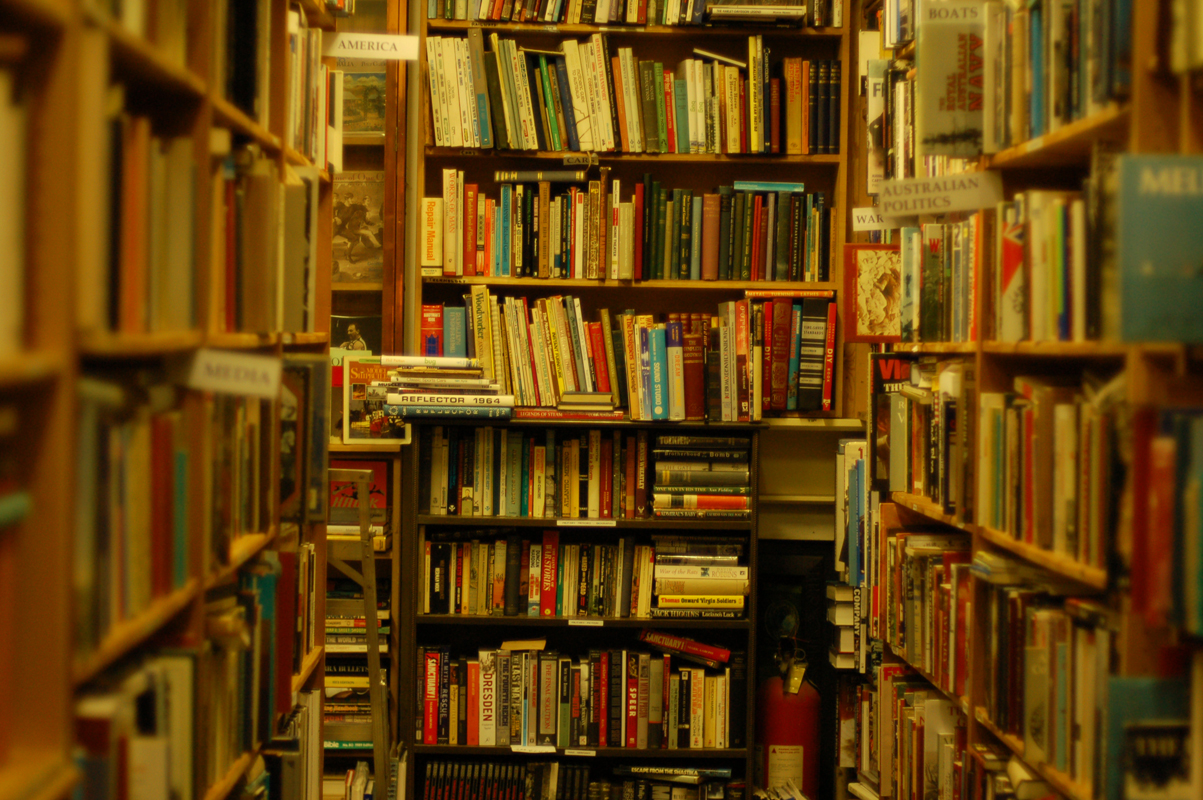
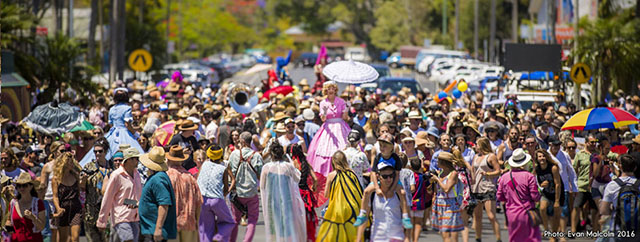
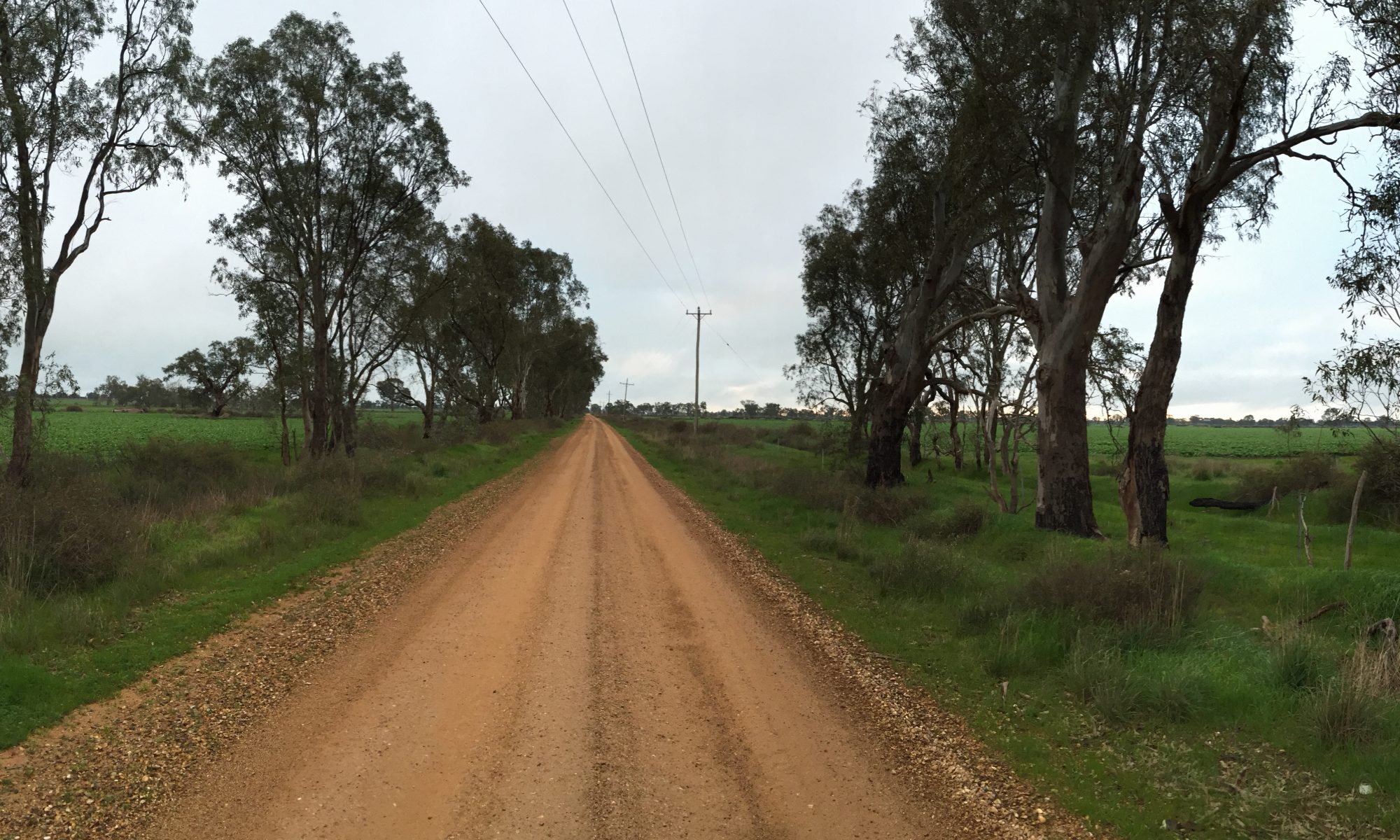
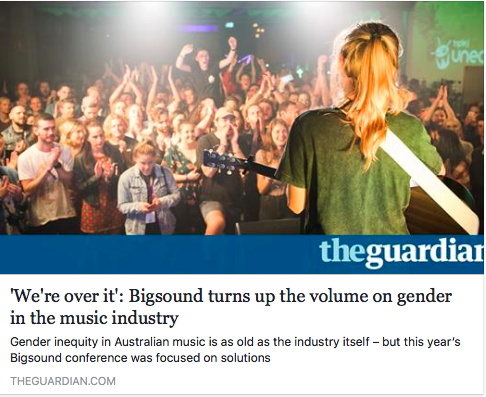
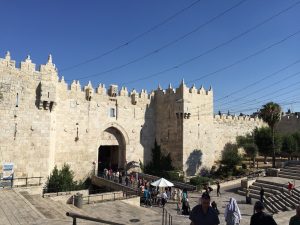
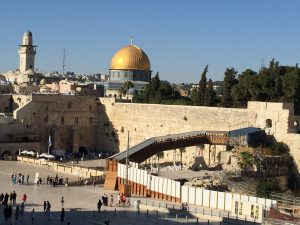
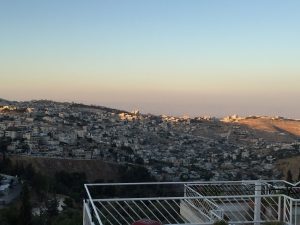
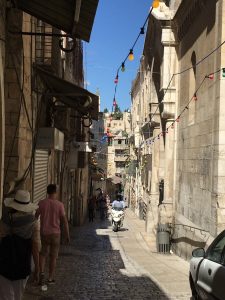
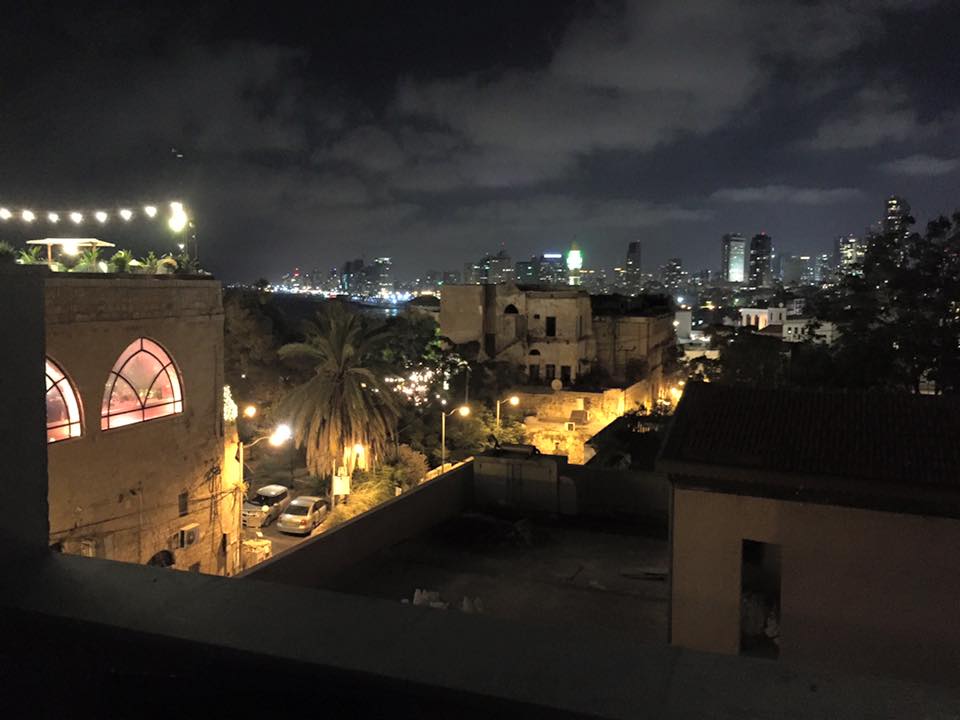
 In the old town, Jaffa and its ancient port, lights are lit and music tumbles from old, arched doorways despite the time of day and we sit on the top deck and drink Israeli beer after we’ve put her to bed and we catch up, smoking in the still air, wafting upward. The new city burns bright in the middle distance, white light, while below us basks in yellow, the flickering painting the cobbled streets in ever-changing layers of light and shade. Stray cats prowl and the purple bougainvillea spews over an old grey wall like spent beer from a bottle left in the freezer overnight.
In the old town, Jaffa and its ancient port, lights are lit and music tumbles from old, arched doorways despite the time of day and we sit on the top deck and drink Israeli beer after we’ve put her to bed and we catch up, smoking in the still air, wafting upward. The new city burns bright in the middle distance, white light, while below us basks in yellow, the flickering painting the cobbled streets in ever-changing layers of light and shade. Stray cats prowl and the purple bougainvillea spews over an old grey wall like spent beer from a bottle left in the freezer overnight. et should I come across somewhere to drink coffee while we’re out but I never do, nothing is open this early. We have the old streets to ourselves and we make for the water, along the foreshore, into the maze of the port and upward, upward, steps and slopes, warn smooth from centuries of feet, so many feet, up to the crown of the hill overlooking it all and down the other side. Across the wishing bridge. Past the church facing west. Into the shade and bustle of Yefet and into the market where nothing is open and we’re hidden from the sun under shade of narrow paths and old, faded sun-shades stretched across alleys entwined with electrical wires and ornate strands of fairy lights and wreaths of coloured cloth.
et should I come across somewhere to drink coffee while we’re out but I never do, nothing is open this early. We have the old streets to ourselves and we make for the water, along the foreshore, into the maze of the port and upward, upward, steps and slopes, warn smooth from centuries of feet, so many feet, up to the crown of the hill overlooking it all and down the other side. Across the wishing bridge. Past the church facing west. Into the shade and bustle of Yefet and into the market where nothing is open and we’re hidden from the sun under shade of narrow paths and old, faded sun-shades stretched across alleys entwined with electrical wires and ornate strands of fairy lights and wreaths of coloured cloth.